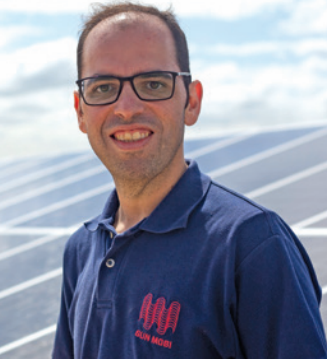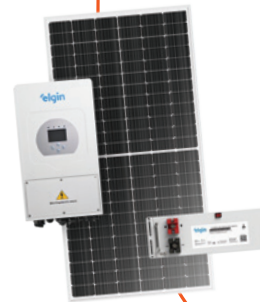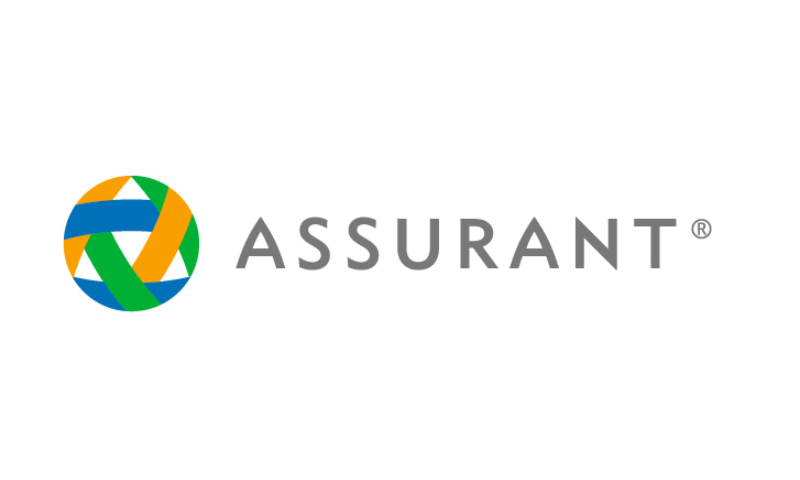
The Future of Solar Energy in Brazil: Growth and Challenges
The solar energy sector has been growing rapidly in Brazil in recent years, driven by the search for sustainable solutions in a context of climate change. According to a mapping by the Brazilian Solar Photovoltaic Energy Association (ABSOLAR), accumulated investments in the country exceed BRL 156 billion and surpass 33 gigawatts (GW) of installed capacity in solar self-generation.
By Dilnara Titara
Solar energy in Brazil is developing strongly due to the combination of energy rates, which have been rising above inflation, the reduction in equipment costs, and the advantage of having excellent solar irradiation throughout the country, says Guilherme Susteras, coordinator at ABSOLAR. “We usually say that, even in places with the worst solar irradiation, it is still better than the best solar irradiation location in Germany.”
However, the market faces challenges that limit faster progress, says Guilherme. “Obviously, due to the use of imported equipment, the dollar can affect the price, as well as the import tax, interest rate, and the economy as a whole. But the sector remains robust because it has the economic benefit of installing the system directly or adhering to the energy-as-a-service modality, which allows savings without the need for investment.”

Rapid progress
The growing adoption in Brazil reflects a greater awareness among the population and companies regarding sustainability and the search for cleaner and more economical energy alternatives, says Guilherme Coelho da Costa, executive manager of On Grid solar energy at Intelbras. “The increase in demand, coupled with incentives and technological advances, has helped to make solar energy accessible. This evolution is fundamental for the country’s energy future. We believe we are at the beginning of a journey that will transform the sector.”
Guilherme believes that the segment has a lot of potential in the country. A study conducted by the RMI organization, formerly the Rocky Mountain Institute, shows that Brazil had, in 2023, the second-largest annual increase in the world in wind and solar generation, second only to China. It also showed that about 70% of renewable resources are in emerging countries, which facilitates the generation of clean energy in these regions.
Obstacles and solutions

“Solar energy is a highly profitable and attractive investment. We believe in the potential of the sector and continue to invest in this business unit.”
The sector still faces a constantly changing regulatory scenario, which can create uncertainties for investors and consumers regarding subsidies, incentives, and applicable rates. This is believed to be one of the major obstacles to greater adoption of this modality in the country. Recently, a new increase in the import tax on photovoltaic modules (solar panels) was announced by the Federal Government, from 9.6% to 25%.
Solar energy offers affordable and efficient solutions, providing autonomy and reducing dependence on conventional sources. In retail, there are two main modalities: self-installation, which allows for return on investment in the first years and offers significant savings, and energy-as-a-service, an alternative for those who do not own the property or do not have an adequate roof area. This model enables access to energy through shared infrastructure, without the need for high initial investments. Both solutions make solar energy more democratic, expand its presence in the market, and promote more sustainability.
The future of the segment in the country

The demand for this energy continues to rise due to increasing awareness of sustainability, reduced costs, and technological advances, says Glauco Santos, director of Elgin Solar. “Solar energy is a highly profitable and attractive investment. We believe in the potential of the sector and continue to invest in this business unit. There is a great possibility of expansion to areas of the country that are not yet explored, which will contribute to the diversification of the energy matrix, as well as opening up new opportunities for employment and economic development.”
According to ABSOLAR, the segment is responsible for creating more than 990 thousand green jobs accumulated since 2012 and contributes to a public revenue collection of more than BRL 46.7 billion. “The expectation is that the market will continue to grow, in a very robust way,” says Guilherme Susteras.
“Solar energy in Brazil has been growing very strongly due to the combination of energy rates, which have been rising above inflation in recent years, the reduction in equipment costs, and the advantage of excellent solar irradiation that we have throughout the country.”
Solutions from companies

ELGIN
Operates with the expansion of its storage solutions, which now include three-phase hybrid inverters, “all-in-one” systems that combine inverters and coupled batteries. The Elgin battery for energy storage allows integrators to offer the ability to monitor, control, and optimize energy use in residential, commercial, and industrial solar systems, enabling users to manage their own energy, resulting in significant cost reductions.
Elgin battery for energy storage
INTELBRAS

Recently launched, the solar pumping system includes a kit composed of solar panels and a pump, and it is possible to purchase the solutions individually. The equipment is capable of pumping water for supply using only solar energy. In addition to sustainability, the system offers an advantage for rural producers, which is the reduction of costs. It has a low level of maintenance, durability, efficiency, and a good cost-benefit ratio. It has flexibility for different applications beyond agriculture, being possible its use for water supply for rural communities and in urban scenarios.
“The increase in demand, coupled with incentives and technological advances, has helped to make solar energy accessible. This evolution is fundamental for the country’s energy future. We believe we are at the beginning of a journey that will transform the sector.”
Complete kit – Suggested price on 11/21/2024: R$ 3.479,00.
Pump – Suggested price on 21/11/2024: R$1,800.00.
Source: Eletrolar News Ed. 164





